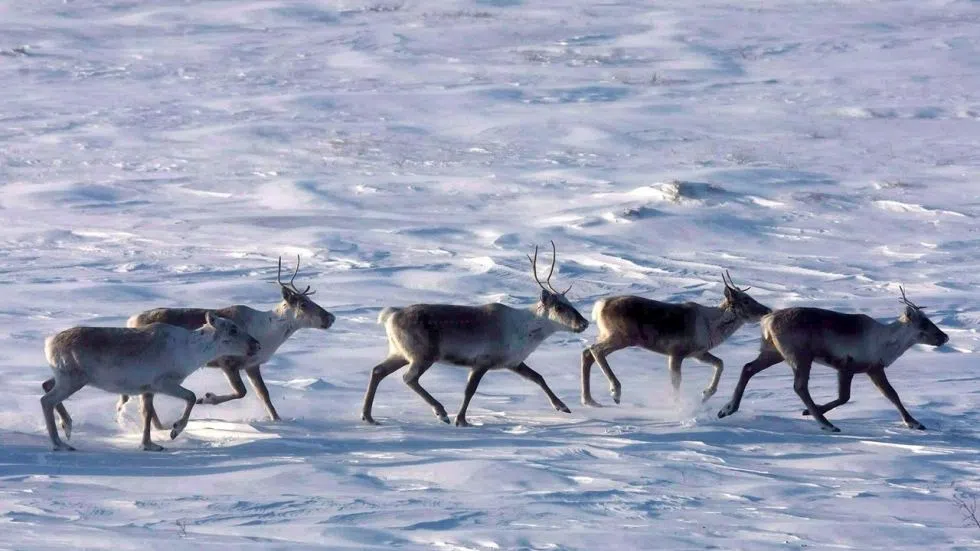
Caribou migration creates food security concerns
The cost of living in the North is substantially higher than in southern Saskatchewan, and many residents of the Hatchet Lake Denesuline Nation rely on traditional meat sources to cut down on their grocery bills.
The meat typically comes from caribou, but in recent years migration changes have created a food security challenge in the nation. Hatchet Lake Denesuline Nation Chief Bart Tsannie said there have been times when the community was forced to order prepared packages of meat for each household, which cost the band roughly $50,000. For the chief, part of the caribou problem stems from the way the province of Saskatchewan handles wildfires.
“We don’t have the caribou around us like we did before, maybe because of climate change or because of the ‘let it burn’ policy,” the chief said.
The region experienced a wildfire in the summer of 2011, which forced both the hamlet of Wollaston Lake and the community of Hatchet Lake to be evacuated. Much of the lichen in the area, which caribou rely on as a source of food, was destroyed in those fires, according to residents. The province previously denied the existence of a ‘let it burn’ policy, and said they tackle each wildfire based on the level of danger it poses to human life and a fire’s proximity to a community or critical infrastructure. The location of mining sites or timber operations, recreational cabins and fishing lodges in relation to a wildfire is also considered.


